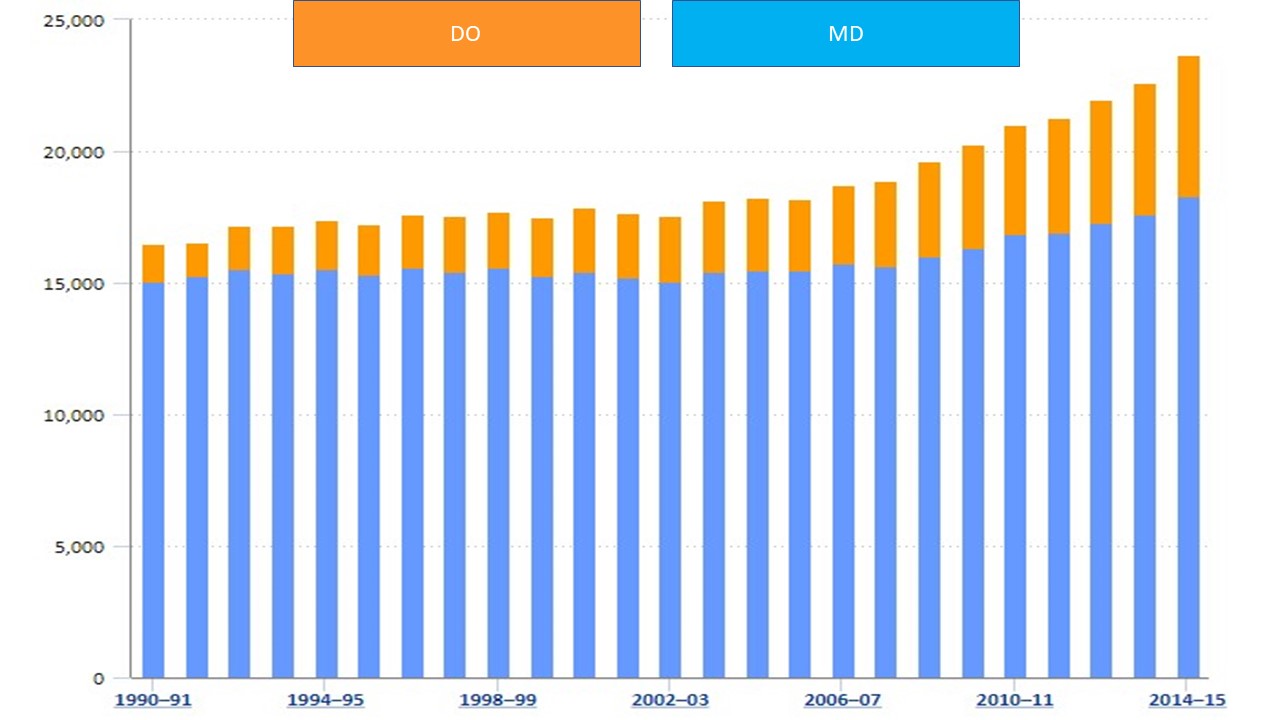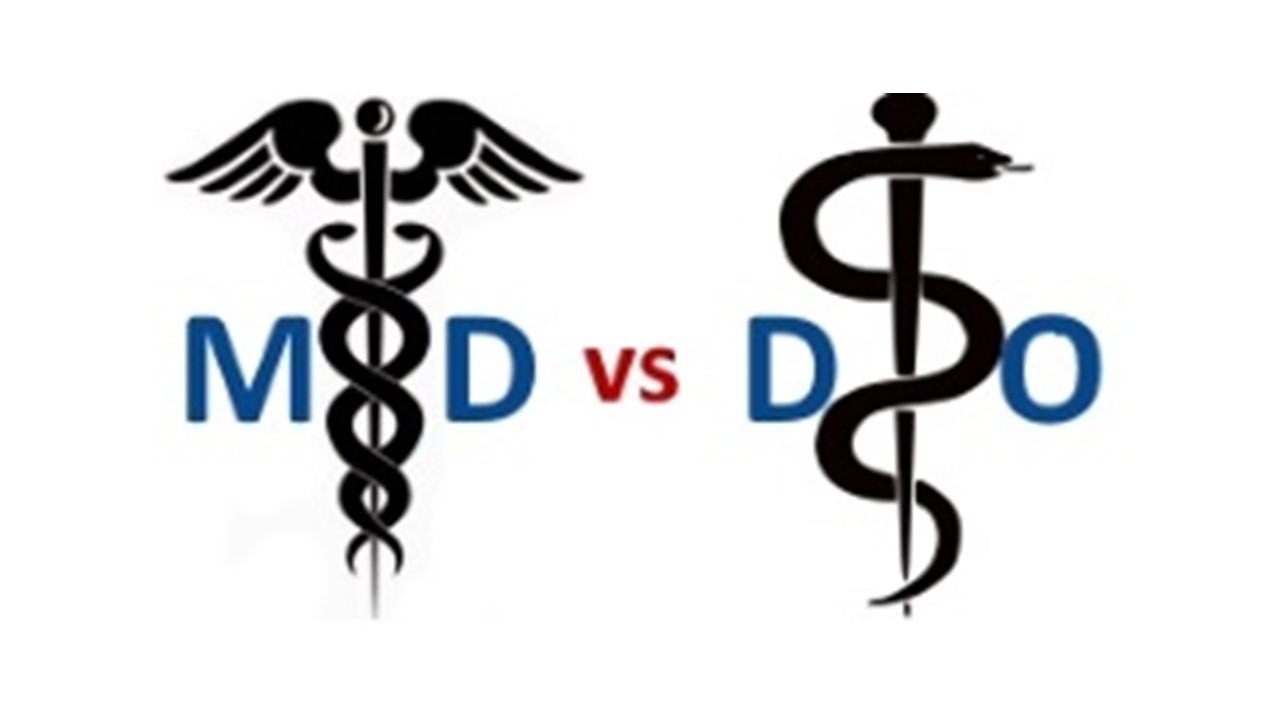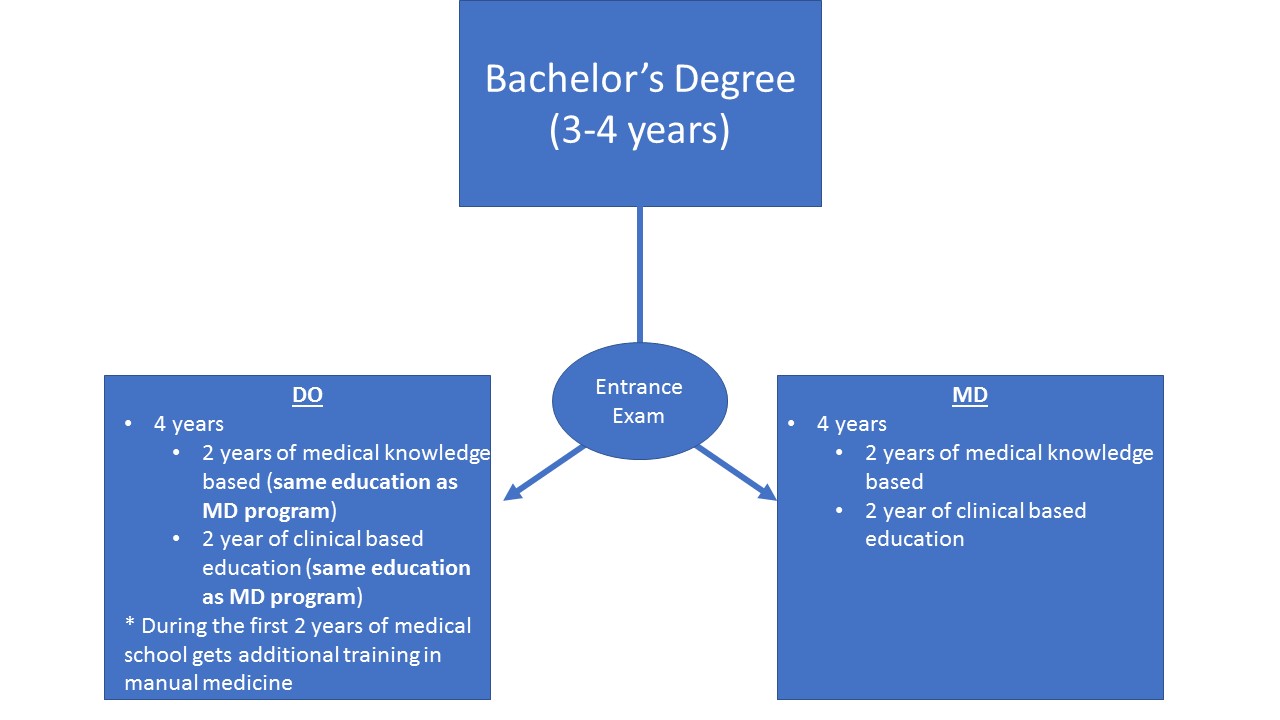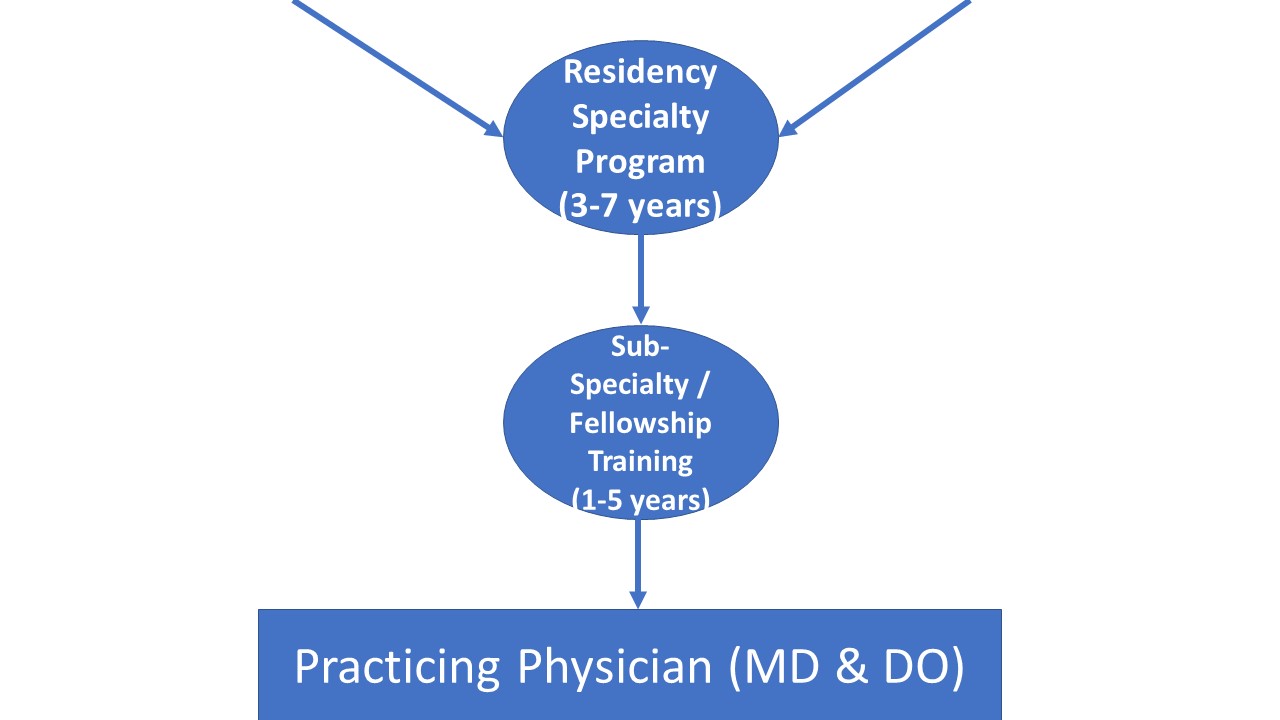MD VS DO
A few weeks ago one of our care coordinators discussed an encounter with a potential patient discussing her condition and if she was a candidate for any of our advanced orthobiologic treatments, but the patient canceled the phone review due to the fact that she would be discussing her case with a “D.O.” and not a medical doctor or a surgeon…..Let’s talk MD vs DO.
Today lets clear the air on what a D.O. (doctor of osteopathic medicine) compared to M.D. (doctor of allopathic medicine) is. Plus, let’s discuss the credentials you should be more concerned about when deciding on an orthopedic physician managing your orthopedic condition utilizing the most advanced orthobiologics!
Becoming a physician in the United States is not an easy task and you must accept the fact that much of your young adult life will be in a library studying for the “next exam” or in a hospital knee deep in patient care at all hours of the day then the job is never done because patient care always comes first even at 2 am on a Friday night when a patient calls you with a problem…..
There are 2 routes to become a physician, MD or DO route.
- MD – also termed allopathic medicine: this is the traditional route learning western medicine: this is a 4-year degree in which you are subject to periodic examinations that are just another stepping stone for the next step, residency
- DO – also termed osteopathic medicine: also, a 4-year program, this is a small subset of medical schools that make up 10-20% of medical schools (see graph). They teach the same western medicine that traditional allopathic medical schools teach but also educate and train their students in a holistic medical approach with integrative medicine such as how each system interacts with the other and trains in how you can utilize manual medicine to assist the body to maximize bodies efficiency. An example would be if a rib is out of place can alter the nerves around this area and this causes renal or GI (gastrointestinal) issues and simple rib adjustment can help the nerve impulses improve the renal and gut function.

After medical school graduates from both types of schools move on to the next step in their career which is applying to residency programs. MD and DO students both apply for medical specialty programs across the United States and across all medical specialties. For orthopedic specialties, there is Orthopedic Surgery (surgical) or Physical Medicine and Rehabilitation (non-surgical). Now all these programs have both MDs and DOs alongside each other learning and treating patients. At this point in the education process, an MD and a DO are essentially the same thing (a resident) and graduates from these programs are now practicing physicians (surgical and non-surgical) in their respective fields.
What is most important in deciding on your orthopedic physician?
Similar to sports, it is NOT how you start, but it is HOW you finish!
So when deciding on a physician it really doesn’t matter if someone is an MD or a DO! But what matters the most is what and where the physician goes from graduating, and the training they get after they get their degree! Having someone say I am not an MD or a surgeon just tells me they don’t understand how medicine works…
My credentials: I graduated from an osteopathic medical school and went into a non-surgical orthopedic specialty called Physical 
Now, you do not want to come to me if you have a skin condition or to manage your hypertension, but when it comes to treating any and all orthopedic conditions with advanced ortho-biologics such as PRP or bone marrow concentrate, there are few physicians around the world with more knowledge and skill that I have. I have been practicing for many years now, and I am the physician that trains surgeons on how to do these advanced procedures through the Interventional Orthopedic Foundation which is a non-profit organization. https://www.interventionalorthopedics.org/iof-member-of-the-week-dr-jason-markle/ I have also become many surgeons’ preferred doctor who treats them for their orthopedic conditions!
MDs and DOs alike, at Centeno Schultz Clinic we have a very high standard for all of our physicians. We do not care about MD VS DO, what we give more value to is the quality of the physician and their training. All patients should be confident that every physician at Centeno Shultz Clinic is fellowship-trained and one of the world’s most skilled and experienced physicians. https://regenexx.com/blog/top-10-questions-orthopedic-stem-cell-providers/


